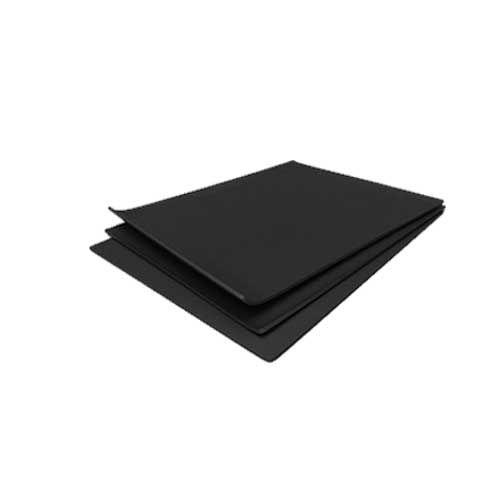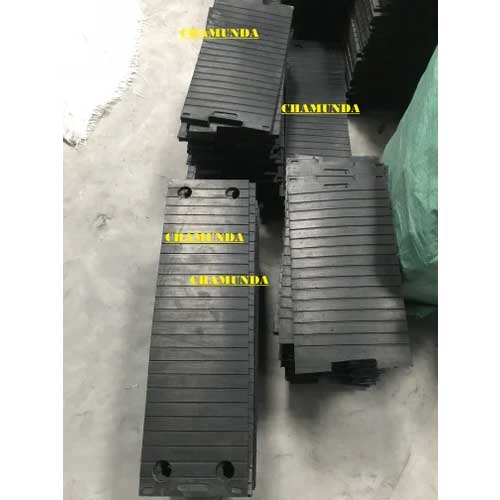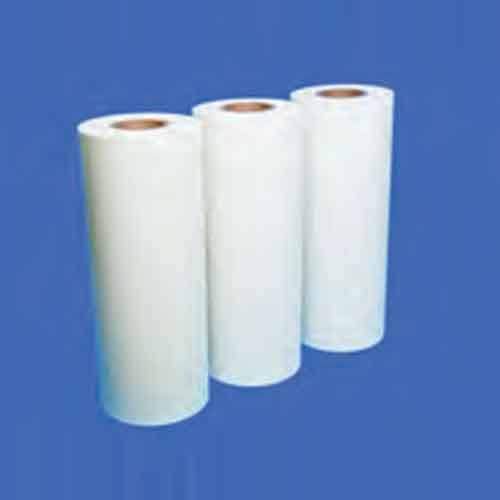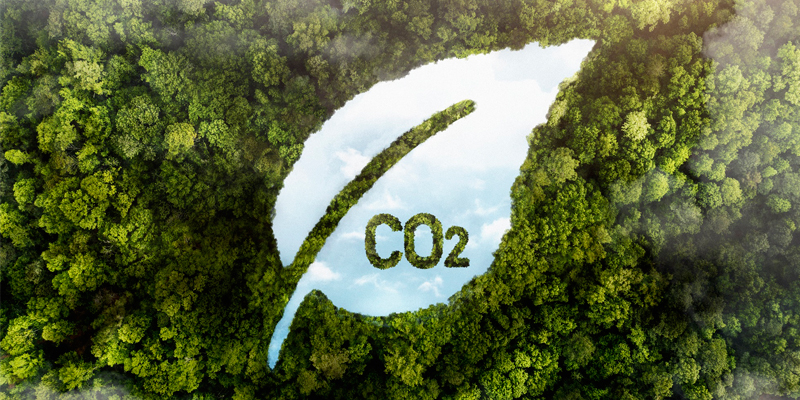Schedule a Call Back
Plastics industry: Spurring India’s economic growth
 Technical Articles
Technical Articles- Jan 01,18

| Processes | Products manufactured |
| Extrusion | Films and sheets, fibre and filaments pipes, conduits and profiles, miscellaneous applications |
| Injection moulding | Industrial injection moulding, household injection moulding and thermoware/moulded luggage |
| Blow moulding | Bottles, containers, toys and housewares |
| Roto moulding | Large circular tanks such as water tanks |
Related Stories

Automation to Drive Packaging Machinery Market Surge
Rising labour costs, regulatory pressures, and the growing influence of e-commerce are driving the demand for end-of-line and warehousing packaging machineries. This growth is reshaping packaging st..
Read more
India’s petrochemical economy: Opportunities for manufacturing industry growth
With supportive government policies and robust market demand, the Indian petrochemical industry has the potential to emerge as a pillar of industrial self-reliance, write R Jayaraman and T C R Amon.
Read more
SamridDHI Hosts Rotating Machinery Bootcamp at Pune's COEP Tech University
SamridDHI, under FSID and backed by the Ministry of Heavy Industries, held a three?day Rotating Machinery Bootcamp at COEP Tech University to train students in turbines, compressors, and pumps.
Read moreRelated Products

Rubber Sheets Material
Talbros Sealing Material Pvt Ltd offers a wide range of rubber sheets materi Read more

Rail Rubber Pad
Chamunda Enterprise offers a wide range of rail rubber pad.

Insulation Polyester Film
TMA International Private Limited offers a wide range of insulation polyester film.
















